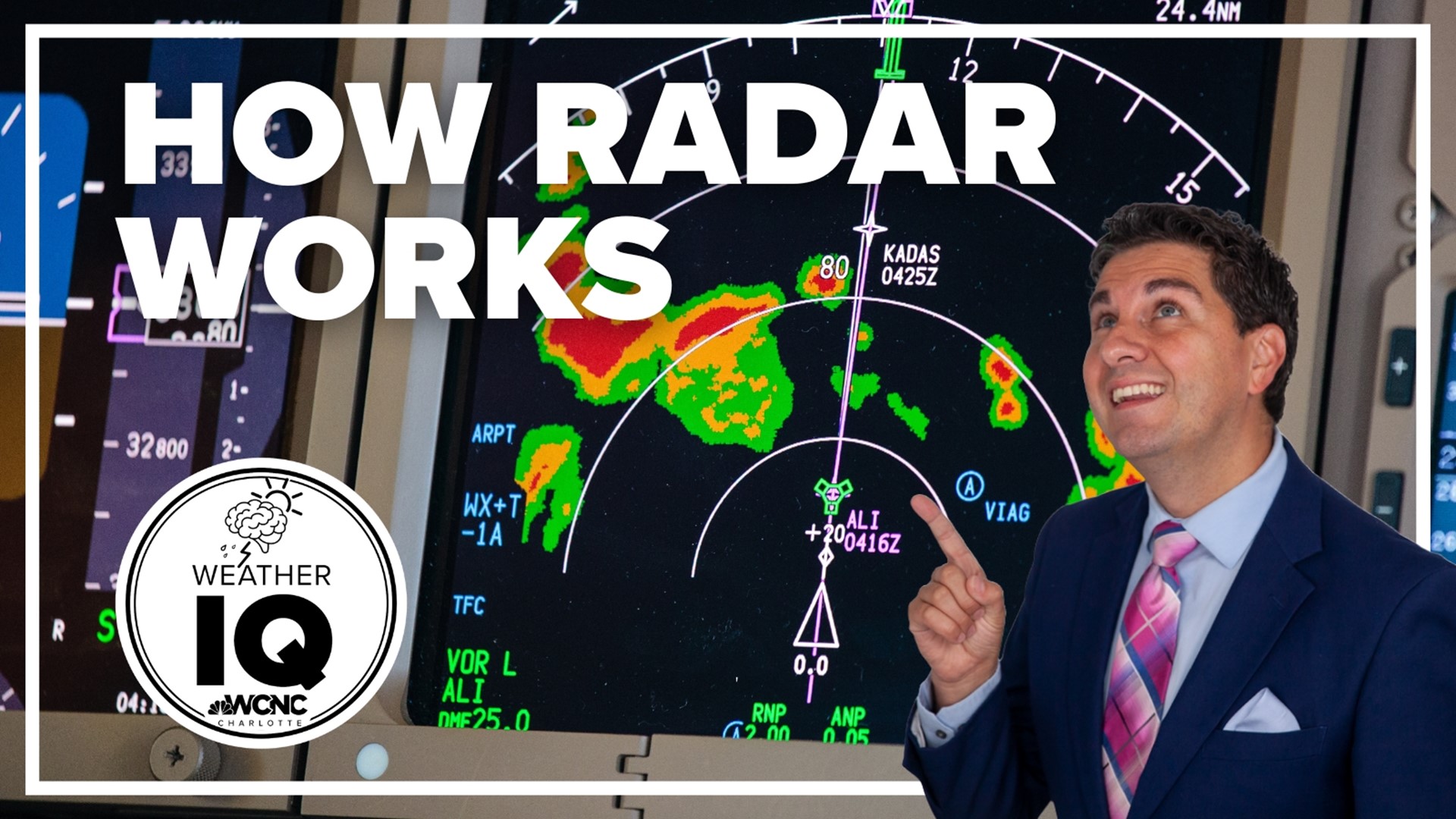WASHINGTON, D.C., USA — This week, U.S. Congressman Jeff Jackson questioned Michael Morgan, the Assistant Secretary of Environmental Observation and Prediction at the National Oceanic and Atmospheric Administration (NOAA), about concerns over weather radar coverage in the greater Charlotte area.
READ MORE: Wireless emergency alerts
Timed appropriately for Severe Weather Awareness Week, Jackson asked Morgan about the weather radar gap that exists in the Charlotte area.
The closest Next Generation Weather Radar system (NEXRAD), a network of Doppler radars that are operated by the National Weather Service (NWS), is located in Greer, South Carolina. This is over 80 miles from Charlotte. At an even further distance, neighboring radar sites are located in Columbia, South Carolina; Roanoke, Virginia; and Raleigh, North Carolina.
READ MORE: Weather IQ: What to know about flash floods.
Essentially, the further these radar systems are, the less able they are to detect weather closer to the ground. This means that these radars are less likely to detect severe weather incidents, such as storms, flooding and tornadoes.
Detecting possible severe weather that is closer to the ground is a problem in Charlotte, as Jackson pointed out.
“For F-1, F-2 [tornadoes] and for flash floods, being able to detect weather below a 6,000 foot level is a major problem for the three million people who live in this metropolitan region," Jackson, who represents the 14th District of North Carolina, explained during his questioning. “The meteorologists in my district say that when it comes to predicting and warning people about tornadoes and flash floods, that they consider themselves severely hampered by existing within this radar coverage gap.”
READ MORE: Weather IQ: How radar works
In response to Jackson's questioning, Morgan offered NOAA to follow up in order to find a viable solution to Charlotte's radar gap.

